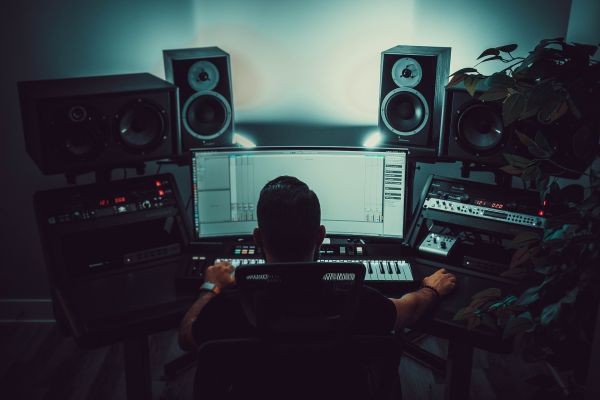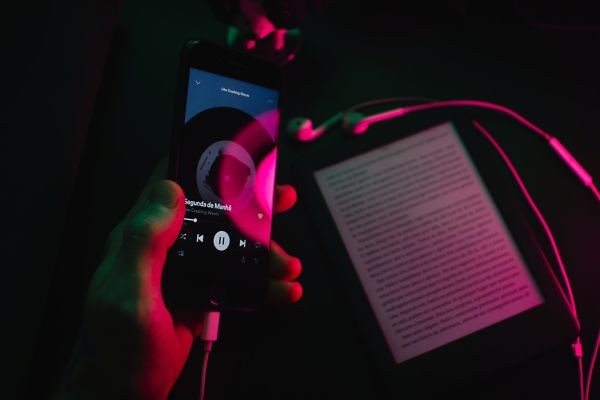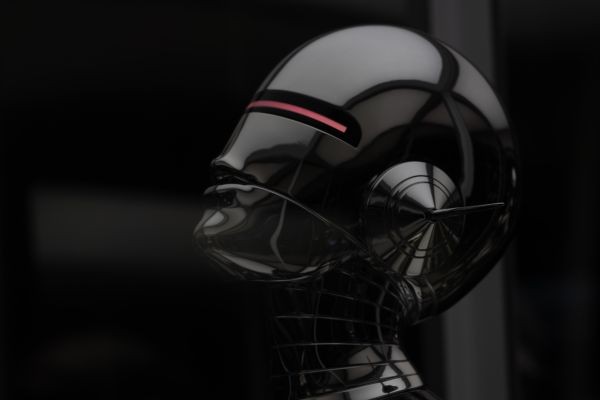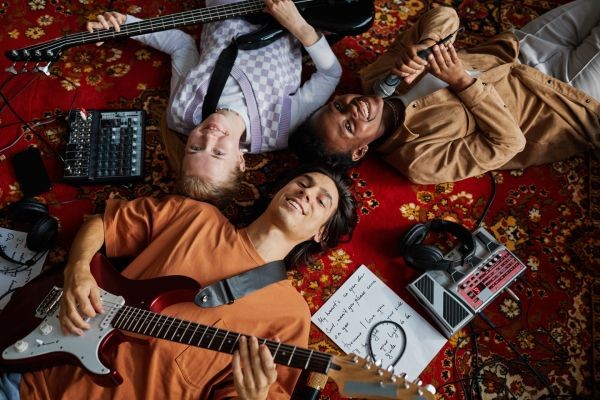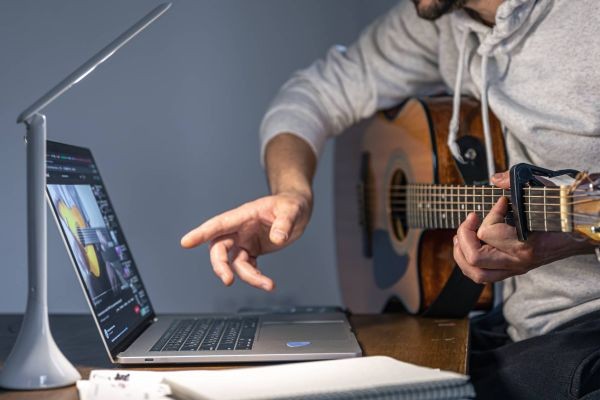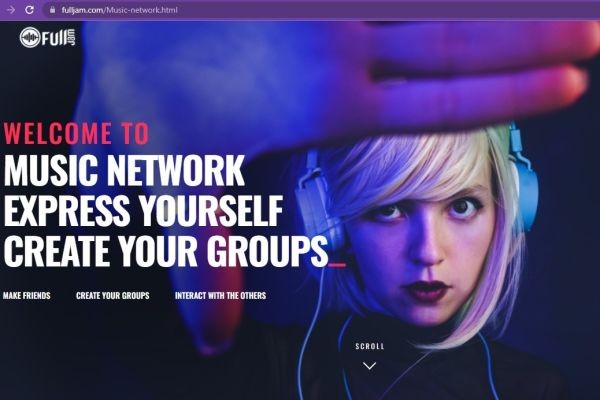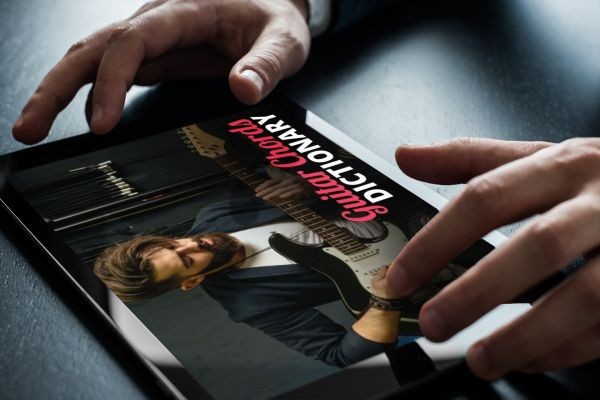This article explains why musicians should register songs with the U.S. Copyright Office to protect rights, gain legal benefits, and strengthen opportunities for licensing and international protection..
07/16/25 • 220 Views
By Manuela Bittencourt
If you’re a musician creating original songs, you already own the copyright to your music the moment it’s fixed in a tangible form — like a recording or sheet music. But that’s just the beginning. To fully protect your work and ensure you can enforce your rights, registering your music with the U.S. Copyright Office is one of the smartest moves you can make.
What Does Copyright Registration Do?
Registering your work with the Copyright Office gives you legal proof of ownership. This registration:
- Establishes a public record of your ownership.
- Is a prerequisite to file a lawsuit if someone uses your song without permission.
- You can only get certain legal benefits — like money for damages or having your legal fees paid — if your work is registered before someone uses it without permission.
- But if someone uses your work after it’s been published but before you registered it, you can still get those benefits if you register it within three months after first publishing it.
- Can make it easier to get sync deals, licensing agreements, or publishing deals, since potential partners want to know your ownership is legally clear.
What About International Protection? Understanding the Berne Convention
While U.S Copyright registration protects your work domestically, what happens if someone in another country uses your music without permission? That's where the Berne Convention for the Protection of Literary and Artistic Works comes in.
The Berne Convention is an international agreementr signed by over 180 countries -- including the United States -- that ensures copyright protection across borders. Under this treaty:
- Your original music is automatically protected in all member countries the moment it is fixed in a tangible form (like a recording or sheet music).
- You don't need to register your work in every country to have protection there.
- The rights you hold at home are recognized abroad, and foreign artists are granted the same protection in the U.S. for their works.
However, even though the Berne Convention provides automatic protection internationally, registration still matters -- especially in the U.S. That's because while your rights may be recognized abroad, enforcing them often requires proof of ownership. Registering your work with the U.S. Copyright Office gives you this legal evidence and strengthens your position if you ever need to defend your rights in court -- either here or overseas.
In short, the Berne Convention extends your copyright's reach, but registration gives you the tools to protect and enforce it effectively.
When Should You Register?
It’s best to register as soon as your work is finished, especially if you plan to release it publicly. Waiting until infringement occurs means you might lose the right to claim certain legal benefits.
You can register:
- A single song
- An entire album
- A group of unpublished works (if they share the same creator and creation date)
- Sound recordings and compositions (these are separate copyrights)
How to Register with the Copyright Office
- Go to copyright.gov
- Create an account on the eCO (electronic Copyright Office) system.
- Choose your type of work (e.g., “Sound Recording” or “Musical Work”).
- Fill out the online form with all necessary info (title, creator, date of creation, etc.).
- Upload your file(s) — WAV, MP3, or PDF for sheet music.
- Pay the fee (usually $45–$85).
- Submit!
You’ll receive a confirmation and eventually a certificate of registration (physical or digital).
Sound Recording vs. Musical Composition
If you wrote the song and also recorded it, remember there are two copyrights:
- Musical Composition: melody, lyrics, and arrangement (often managed by PROs like ASCAP/BMI)
- Sound Recording: the actual recording or performance (often managed by platforms like SoundExchange)
You should register both for full coverage.
Final Thoughts
Registering with the Copyright Office isn’t just a formality — it’s a fundamental part of protecting your work and career. In an industry where infringement can happen online in seconds, and music can be used in everything from TikToks to Netflix shows, being proactive about your rights is essential.
Don’t wait for trouble to come knocking. Register your songs, and make sure your art stays yours.
Think of it as an investment — not just in your music, but in your future as a professional. Whether you're an indie artist releasing your first EP or an experienced songwriter with a growing catalog, copyright registration gives you the legal leverage to control how your music is used, protect your income, and build lasting credibility in the industry.
Music is personal, but it’s also business. Taking this simple step can be the difference between losing out on opportunities and maximizing the value of every song you create. With registration, you gain peace of mind, proof of ownership, and the power to act if your rights are violated.
Your music deserves to be respected, and that starts with protecting it. You’ve put in the time, effort, and emotion to create something original — now take the extra step to ensure that no one else can profit from it without your permission. Register early, register smart, and treat your music like the valuable asset it is.


